THE YEAR 1963 was one of cultural transformation, political scandal, and tragedy. In the United States, the civil rights movement reached a defining moment with Martin Luther King Jr.'s "I Have a Dream" speech, while across the Atlantic, the Profumo affair undermined confidence in the British government. The Beatles surged to national prominence, kicking off a musical revolution. Globally, Cold War tensions eased slightly with the signing of the Partial Nuclear Test Ban Treaty. The assassination of President John F. Kennedy in November sent shockwaves around the world, cementing 1963 as a year of profound change.
Explore our newspaper archives to purchase your own authentic 1963 newspaper!
January
2 January: The Vietnam War escalated as the Battle of Ap Bac saw South Vietnamese forces suffer a major defeat despite American support.
Delve deeper into the history of the Vietnam War through newspaper headlines

8 January: Leonardo da Vinci’s Mona Lisa was exhibited for the first time in the United States at the National Gallery of Art in Washington, D.C.
10 January: The comedy film The Pink Panther, starring Peter Sellers, premiered in Italy ahead of its global release later in the year.
13 January: George Wallace was sworn in as governor of Alabama, declaring “segregation now, segregation tomorrow, segregation forever.”
22 January: French President Charles de Gaulle and West German Chancellor Konrad Adenauer signed the Élysée Treaty, solidifying post-war reconciliation.
26 January: England retained the Ashes after drawing the final Test match against Australia in Sydney, concluding the series at 1 – 1.
29 January: Renowned American poet Robert Frost died in Boston at the age of 88.
31 January: The Beatles began their first UK tour as headliners, supported by Helen Shapiro, as their fame continued to rise.
February
2 February: President Kennedy expanded US sanctions against Cuba, banning all financial and commercial transactions.
5 February: The Great Train Robbery gang held a covert meeting in London to finalise their plans.
11 February: The Beatles recorded ten tracks in a single session at Abbey Road Studios for their debut album.
14 February: Harold Wilson became leader of the Labour Party following the death of Hugh Gaitskell.
19 February: Betty Friedan’s The Feminine Mystique was published in the United States, helping to spark second-wave feminism.
21 February: Valentina Tereshkova was chosen for cosmonaut training, setting her on course to become the first woman in space.
22 February: British Prime Minister Harold Macmillan visited Kenya, marking the first visit by a sitting UK PM to the East African colony.
28 February: Composer Benjamin Britten’s War Requiem premiered in the United States under his direction, receiving critical acclaim.
March
5 March: Country singer Patsy Cline died in a plane crash in Tennessee at age 30, alongside fellow performers Cowboy Copas and Hawkshaw Hawkins.
10 March: American author Sylvia Plath was posthumously praised following the publication of The Bell Jar under the pseudonym Victoria Lucas.
15 March: Elizabeth Taylor won her second Academy Award for BUtterfield 8 at the 35th Academy Awards.
18 March: Mount Agung erupted in Bali, Indonesia, killing more than 1,000 people and devastating local communities.
22 March: The Beatles released their debut album Please Please Me in the UK, recorded in a single day and launching Beatlemania.
Delve deeper into the story of The Beatles

26 March: Labour’s motion of no confidence in the Macmillan government was defeated in Parliament by a narrow margin.
29 March: Dr Richard Beeching published The Reshaping of British Railways, recommending the closure of thousands of miles of railway lines.
April
3 April: Martin Luther King Jr. was arrested during anti-segregation protests in Birmingham, Alabama, where he later wrote his “Letter from Birmingham Jail.”
Learn more about the Civil Rights Movement through newspaper history

7 April: Yugoslavia adopted a new socialist constitution under President Josip Broz Tito, increasing federal authority.
10 April: The USS Thresher, a US nuclear submarine, sank off the coast of Massachusetts with all 129 crew on board.
12 April: The Beatles performed for the final time at Liverpool’s Cavern Club, where they had played nearly 300 shows.
14 April: Togo’s President Sylvanus Olympio was assassinated in a coup d’état, marking the country's first military takeover.
17 April: British newspaper The Daily Mirror introduced computerised typesetting for select production areas.
22 April: West Germany passed a landmark education funding bill, expanding access to secondary and vocational education.
27 April: Wakefield Trinity defeated Wigan 25 – 10 in the Challenge Cup Final at Wembley Stadium.
May
2 May: Tennessee Williams’ play The Milk Train Doesn’t Stop Here Anymore premiered in New York.

The first US production program. Image: Wikipedia
6 May: John Profumo addressed Parliament, denying any impropriety in his relationship with Christine Keeler.
9 May: Moroccan voters approved a new constitution in a national referendum, strengthening royal powers.
15 May: US astronaut Gordon Cooper completed 22 orbits aboard Faith 7, the final mission of Project Mercury.
20 May: Jomo Kenyatta led KANU to victory in Kenya’s general election, paving the way for independence in December.
23 May: Dr. No was released in the United States, one year after its UK debut, helping to establish the James Bond franchise internationally.
27 May: Bob Dylan released The Freewheelin' Bob Dylan, which included “Blowin’ in the Wind,” quickly becoming an anthem for civil rights.
30 May: Real Madrid beat Benfica 5 – 3 in the European Cup Final in Amsterdam, led by a hat-trick from Ferenc Puskás.
June
3 June: Pope John XXIII died in Rome after a long illness; he was succeeded later in the month by Pope Paul VI.

Pope John XXIII. Image: Wikipedia
5 June: John Profumo resigned from government after admitting he had lied to Parliament about his affair with Christine Keeler.
10 June: President Kennedy gave his "Peace Speech" at American University, advocating arms control and easing Cold War hostilities.
14 June: Valentina Tereshkova launched aboard Vostok 6, becoming the first woman in space.
18 June: Henry Cooper knocked down Cassius Clay in a non-title fight in London, though Clay recovered and won in the fifth round.
20 June: The United States and Soviet Union established a direct telephone hotline between Washington and Moscow to prevent accidental nuclear war.
25 June: The Beatles appeared on BBC’s Pop Go The Beatles, reaching a massive radio audience across Britain.
30 June: The United Kingdom introduced postcodes in select areas, beginning with Norwich, to streamline mail delivery.
July
1 July: The United States introduced ZIP Codes as a national standard for mail sorting and delivery.
5 July: Sam Cooke released Another Saturday Night, which became a hit on both sides of the Atlantic.
8 July: Alec Douglas-Home was appointed Foreign Secretary as part of a Cabinet reshuffle following the Profumo scandal.
11 July: Nikita Khrushchev visited East Berlin to mark the 10th anniversary of East Germany and reaffirm Soviet support.
15 July: The BBC launched Not So Much a Programme, More a Way of Life, introducing a sharper tone in televised satire.
20 July: The first international conference on computer programming languages opened in Paris, addressing standardisation in the growing tech field.
25 July: Bob Dylan performed at the Newport Folk Festival, debuting “Only a Pawn in Their Game,” his song about the assassination of civil rights leader Medgar Evers.
Explore the life of Bob Dylan through newspaper headlines

29 July: The United States, United Kingdom, and Soviet Union initialled the Partial Nuclear Test Ban Treaty in Moscow.
August
5 August: The Partial Nuclear Test Ban Treaty was formally signed in Moscow by the US, UK, and USSR, prohibiting atmospheric, underwater, and outer space nuclear tests.
8 August: The Great Train Robbery occurred in Buckinghamshire, where a gang stole £2.6 million from a Royal Mail train.
12 August: Ian Smith became Prime Minister of Southern Rhodesia, beginning a period of escalating tensions over minority rule.
18 August: James Meredith became the first African American to graduate from the University of Mississippi.
20 August: That Was the Week That Was concluded its first series on the BBC, blending satire and current affairs.
23 August: The US and USSR resumed bilateral space cooperation discussions in Geneva.
28 August: Over 250,000 people marched on Washington, D.C., where Martin Luther King Jr. delivered his “I Have a Dream” speech from the steps of the Lincoln Memorial.
31 August: Malaysia was officially established with the merger of Malaya, North Borneo, Sarawak, and Singapore.
September
6 September: Swaziland was granted internal self-government by the British, moving toward eventual independence.
9 September: The US National Guard was ordered to Alabama by President Kennedy to enforce desegregation at public schools.
15 September: A bomb exploded at the 16th Street Baptist Church in Birmingham, Alabama, killing four African-American girls and galvanising the civil rights movement.
17 September: The Shepperton Studios fire destroyed several historic film sets and equipment in England.
20 September: The Beatles performed on Ready Steady Go! for the first time, enhancing their television presence.
23 September: Pakistan’s President Ayub Khan visited China, strengthening Pakistan–China relations during the Cold War.
25 September: Lord Denning published his report into the Profumo affair, criticising the judgment of senior officials but clearing them of conspiracy.
28 September: The BBC launched The World of Wodehouse, bringing P. G. Wodehouse’s stories to the small screen.
30 September: Indonesia announced its opposition to the formation of Malaysia, triggering the Indonesia-Malaysia confrontation.
October
3 October: Hurricane Flora swept through the Caribbean, killing over 6,000 people, primarily in Haiti and Cuba.
7 October: President Kennedy signed the Community Mental Health Act, laying the groundwork for deinstitutionalisation in the United States.
9 October: Uganda became a republic with Milton Obote as its first Prime Minister.
10 October: The Partial Nuclear Test Ban Treaty went into effect after ratification by signatory nations.
13 October: The Beatles recorded I Want to Hold Your Hand at Abbey Road Studios, later released in November.
15 October: Harold Macmillan resigned as Prime Minister due to ill health and was succeeded by Alec Douglas-Home.
18 October: The Nobel Prize in Literature was awarded to Greek poet Giorgos Seferis.
20 October: Chinese and Indian troops clashed again in a brief but tense border conflict along the Himalayan frontier.
22 October: French author Jean-Paul Sartre publicly declined the Nobel Prize for Literature, citing personal and political reasons.

Jean-Paul Sartre. Image: Wikipedia
26 October: The first public demonstration of an electronic synthesiser took place in Germany, a precursor to modern music technology.
31 October: Doctor Who completed production of its first episode, scheduled for broadcast in November.
November
2 November: South Vietnamese President Ngo Dinh Diem and his brother Ngo Dinh Nhu were assassinated in a military coup.
4 November: The Beatles played at the Royal Variety Performance in London, famously joking with the Queen Mother.
12 November: Kenya’s independence constitution was finalised in London ahead of the country’s transition in December.
16 November: The BBC aired That Was the Week That Was special on the Kennedy administration, highlighting its global importance.
22 November: President John F. Kennedy was assassinated in Dallas, Texas, sending shockwaves around the world.
23 November: The BBC aired the first episode of Doctor Who, starring William Hartnell as the First Doctor.
24 November: Lee Harvey Oswald, Kennedy’s accused assassin, was shot and killed on live television by Jack Ruby.
25 November: Kennedy’s funeral was held in Washington, D.C., with world leaders and millions watching via global television broadcast.
27 November: Lyndon B. Johnson addressed Congress, urging passage of civil rights legislation.
30 November: The Beatles released I Want to Hold Your Hand, which quickly topped the UK charts.
December
1 December: Northern Rhodesia held its first general elections with increased African participation, leading toward independence.
7 December: Instant replay technology was used for the first time during a televised American football game.
10 December: The Nobel Peace Prize was awarded posthumously to Dag Hammarskjöld, the former UN Secretary-General.
12 December: Kenya officially gained independence from Britain, with Jomo Kenyatta as its first Prime Minister.
16 December: Zanzibar gained independence from the UK, becoming a constitutional monarchy.
18 December: Charles de Gaulle vetoed Britain’s application to join the EEC for the second time.
20 December: Berlin's Brandenburg Gate was opened briefly to allow West Berliners to visit family in the East for Christmas.
23 December: The Beatles' I Want to Hold Your Hand began climbing the American charts, heralding their breakthrough in the United States.
25 December: Pope Paul VI delivered his first Christmas Day address from the Vatican, emphasising peace and unity.
31 December: The year ended with over 400 Beatles fan clubs established globally, cementing the band's cultural dominance.
Key Events of 1963
The Assassination of John F. Kennedy
ON 22 November 1963, President John F. Kennedy was assassinated while travelling in a motorcade in Dallas, Texas. The event shocked the world and marked the first assassination of a US president in the 20th century. Lee Harvey Oswald was arrested for the crime but was himself murdered two days later. Kennedy’s death ushered in a period of national mourning and political transition, with Lyndon B. Johnson sworn in as the new president.

President Kennedy in the limousine in Dallas, Texas, on Main Street, minutes before the assassination. Image: Wikipedia
The Profumo Affair
THE BRITISH political landscape was rocked by the Profumo affair, a scandal involving Secretary of State for War John Profumo and 19-year-old Christine Keeler. Profumo's initial denial in Parliament and subsequent confession eroded public trust in the Conservative government. The scandal contributed to Prime Minister Harold Macmillan’s resignation and played a role in the Tories’ declining popularity ahead of the 1964 general election.
The March on Washington
ON 28 August 1963, over 250,000 people gathered at the Lincoln Memorial in Washington, D.C., in one of the largest civil rights demonstrations in US history. The event culminated in Martin Luther King Jr.'s "I Have a Dream" speech, which became a defining moment in the American civil rights movement and helped build momentum for the Civil Rights Act of 1964.

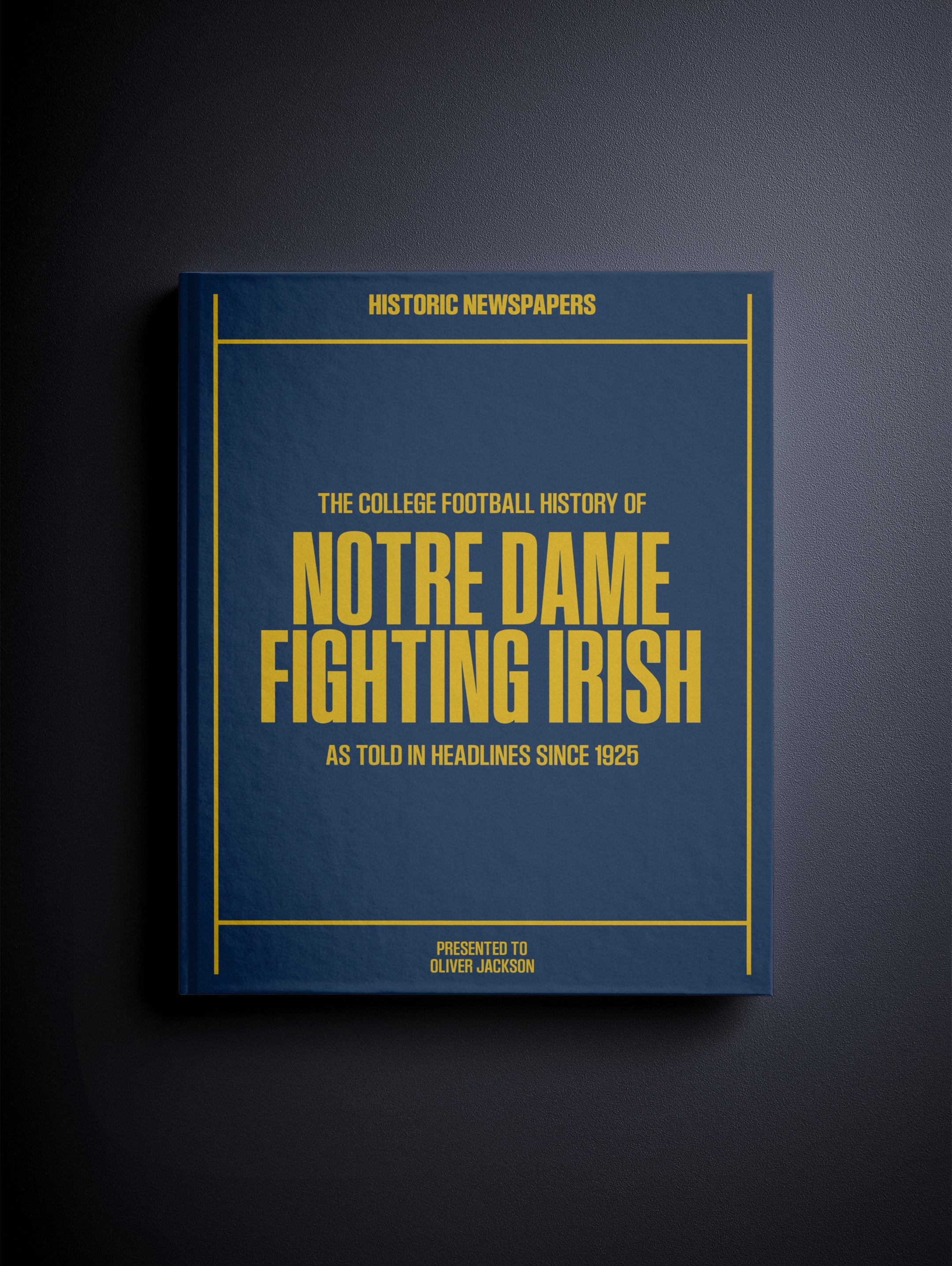
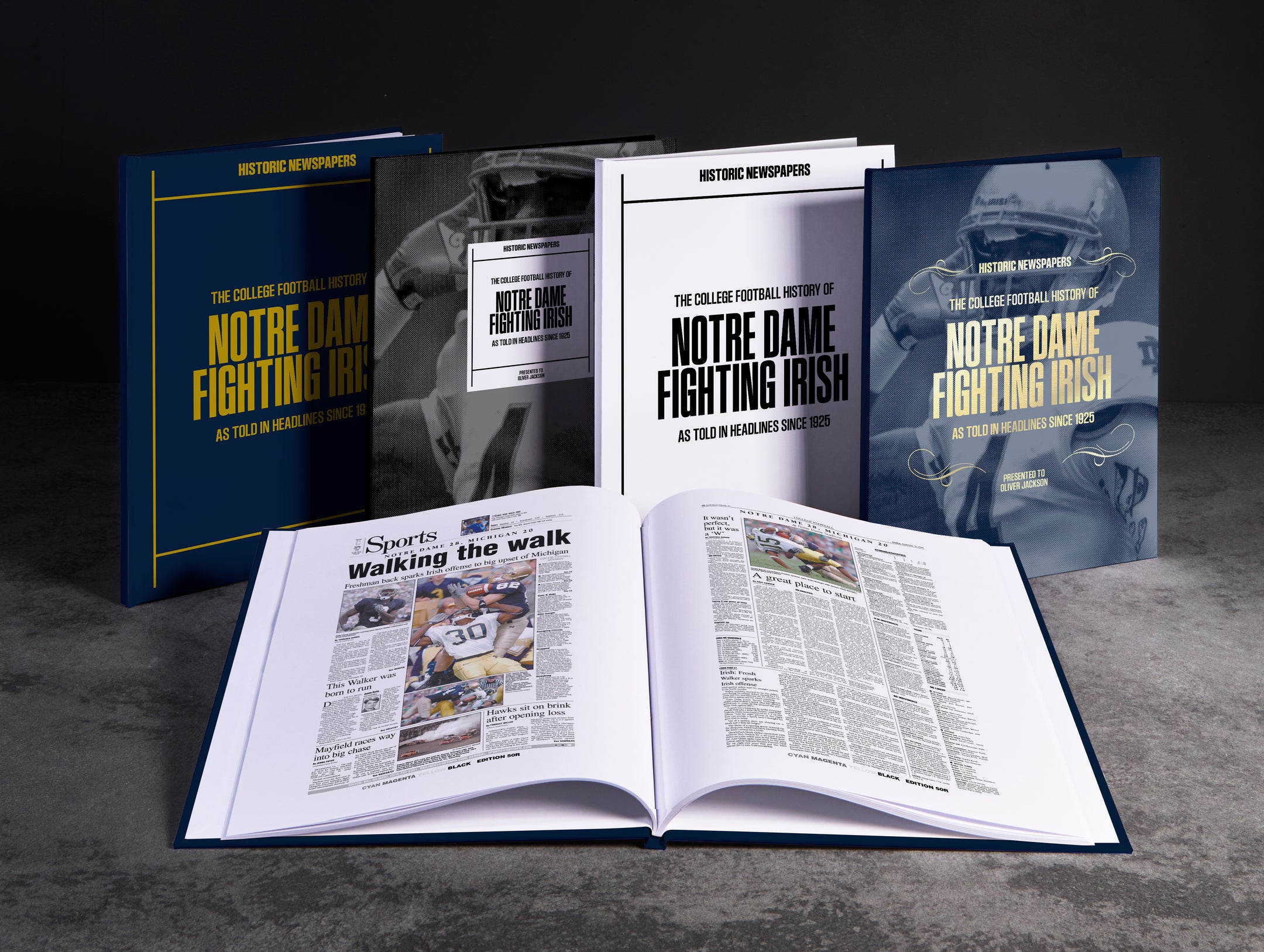
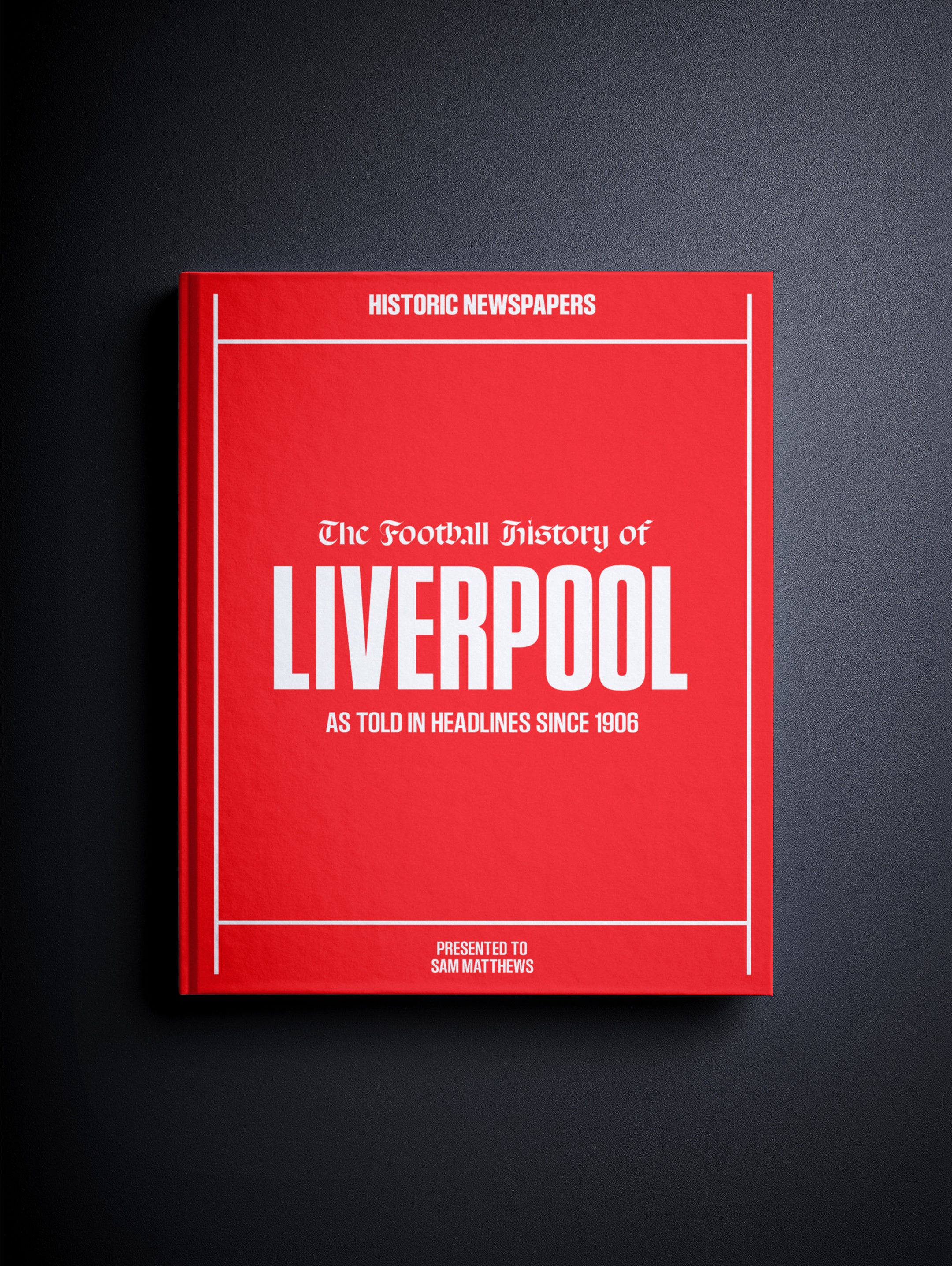




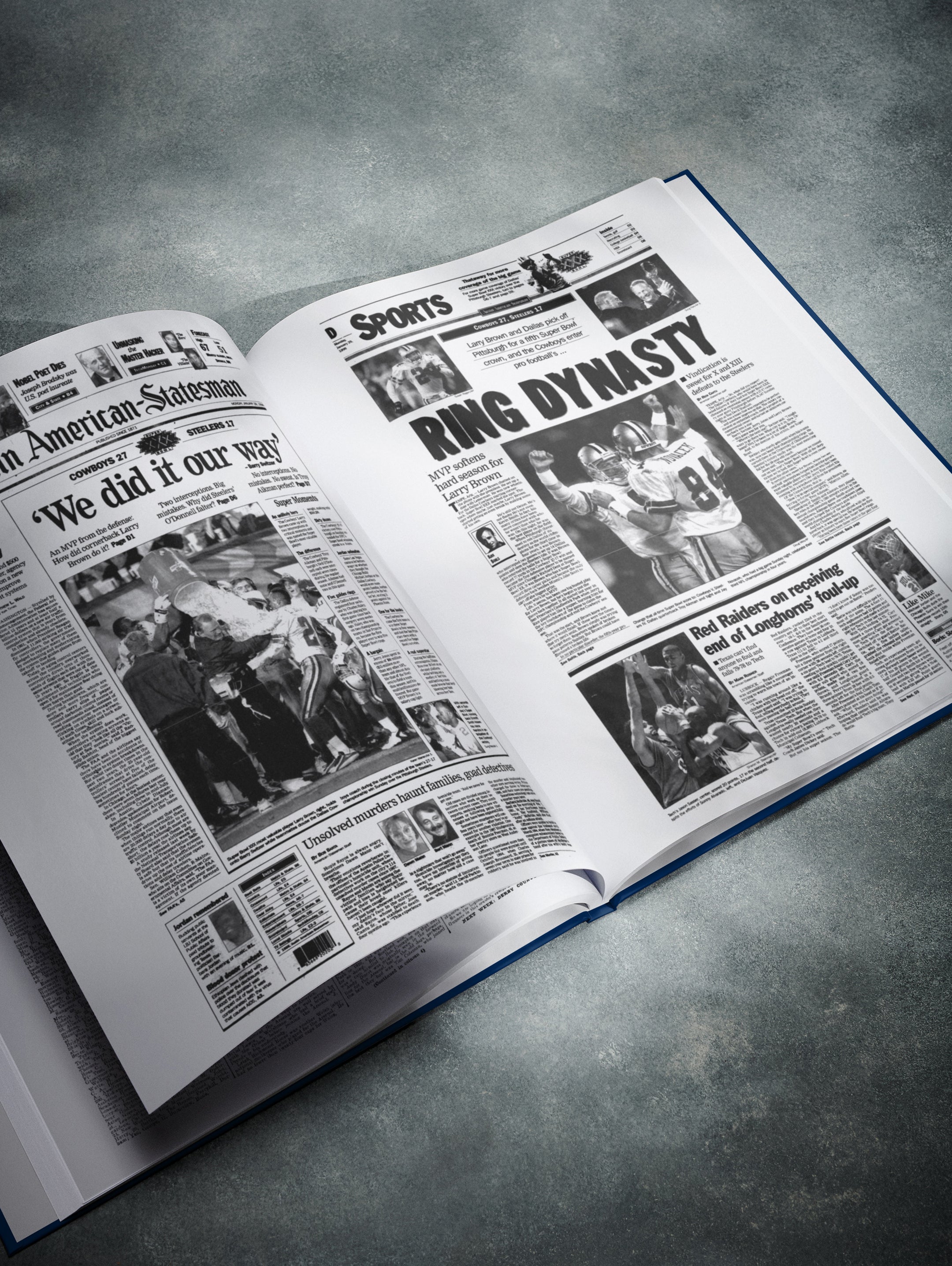
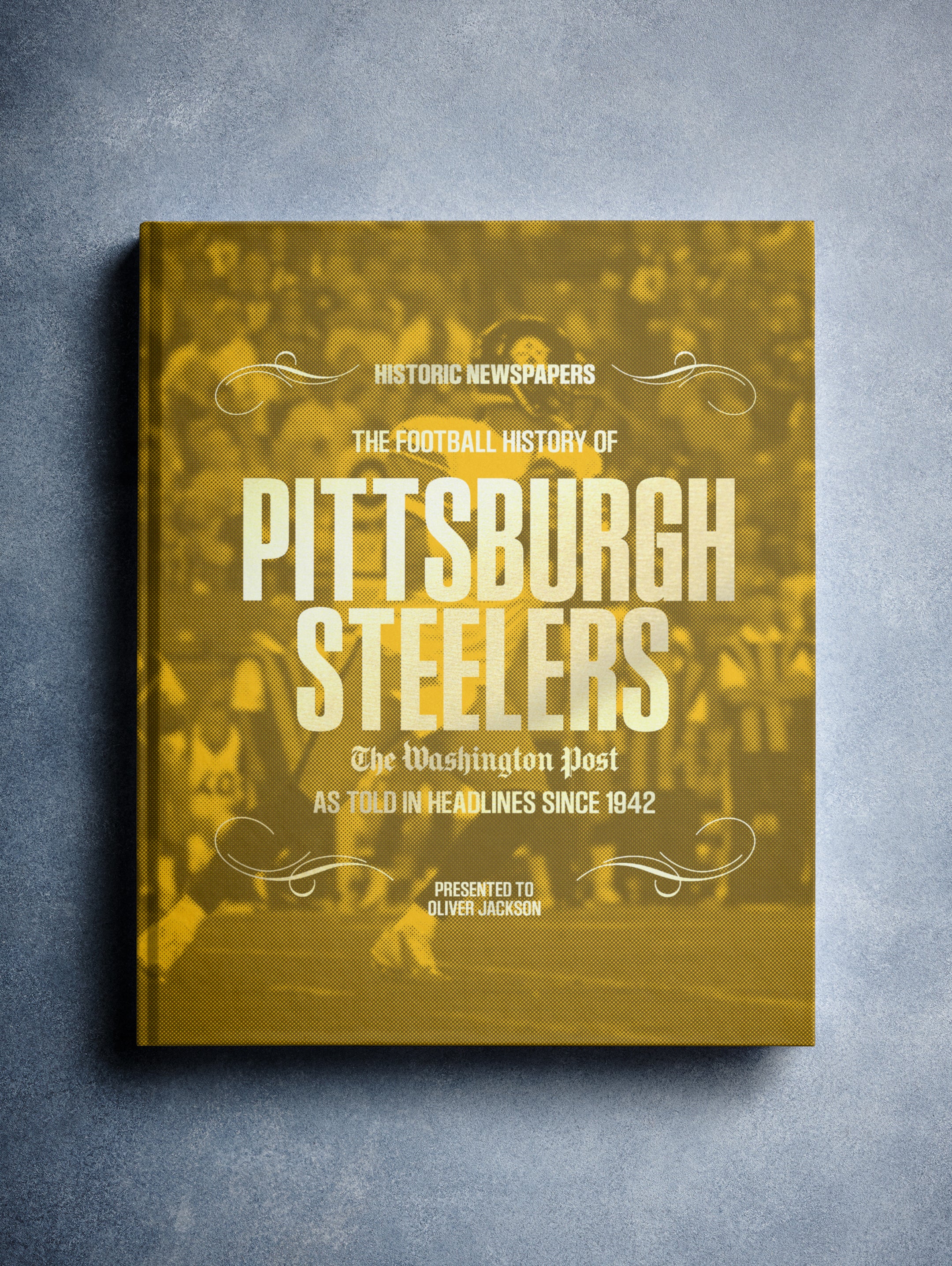

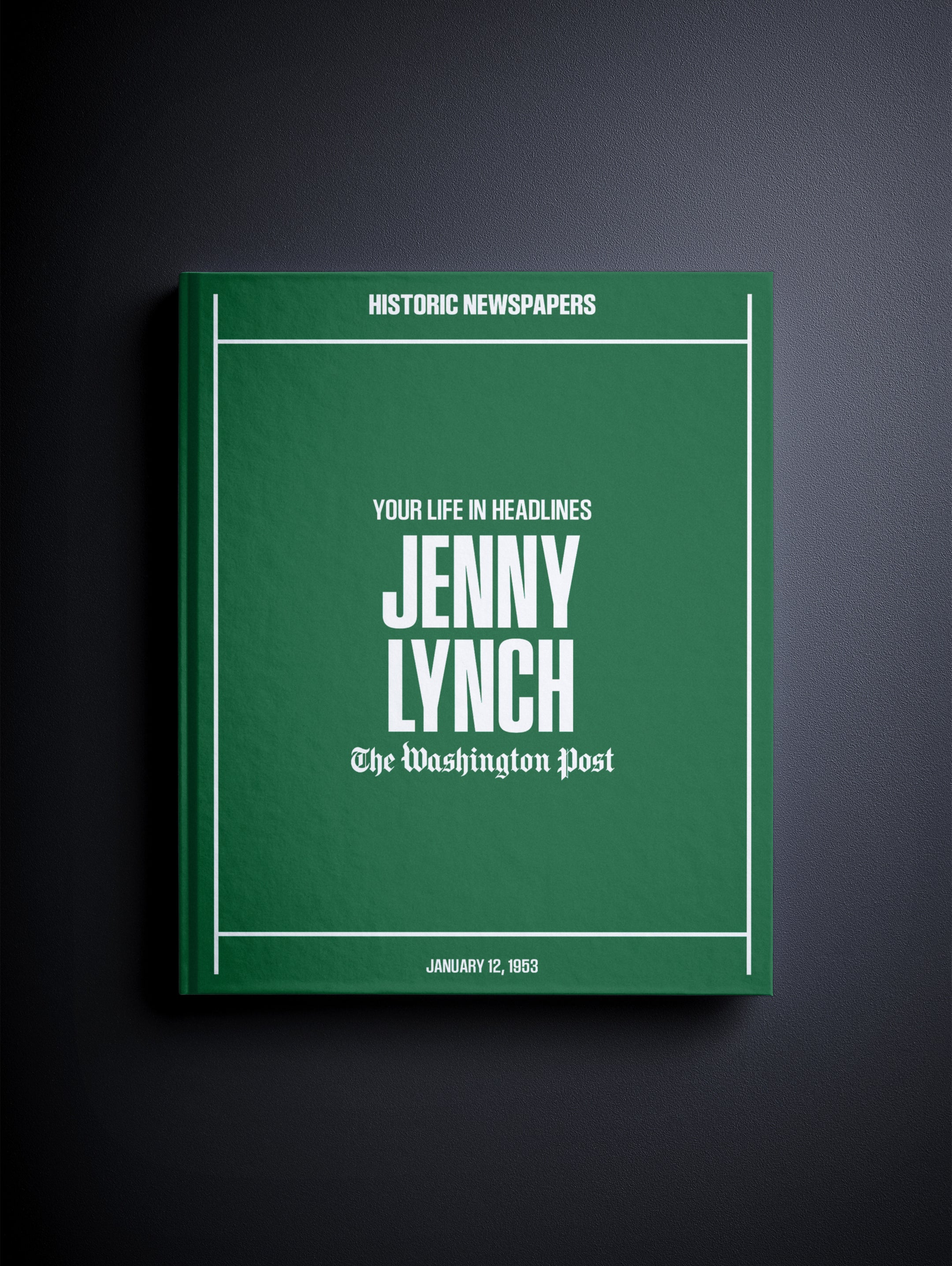
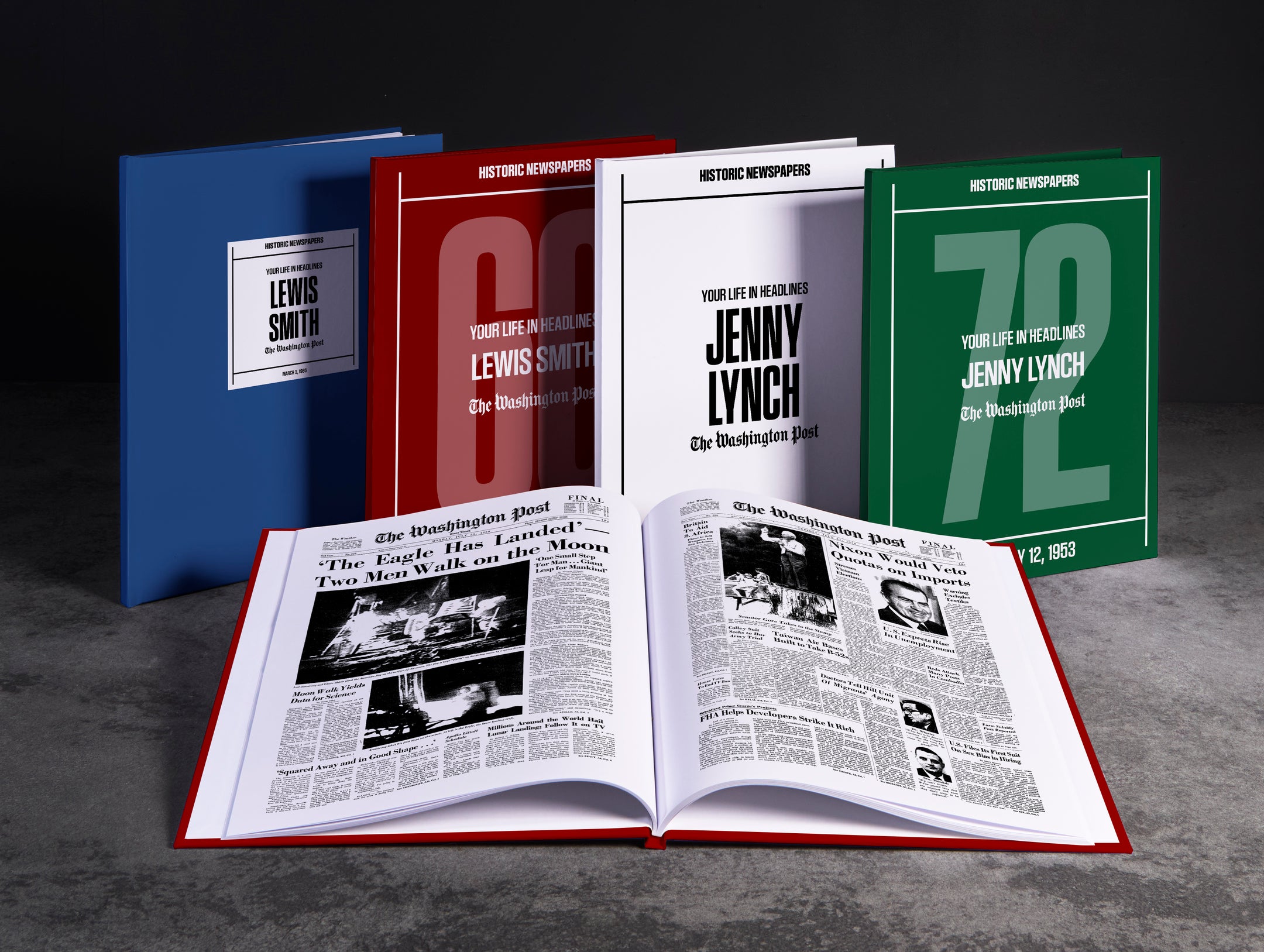


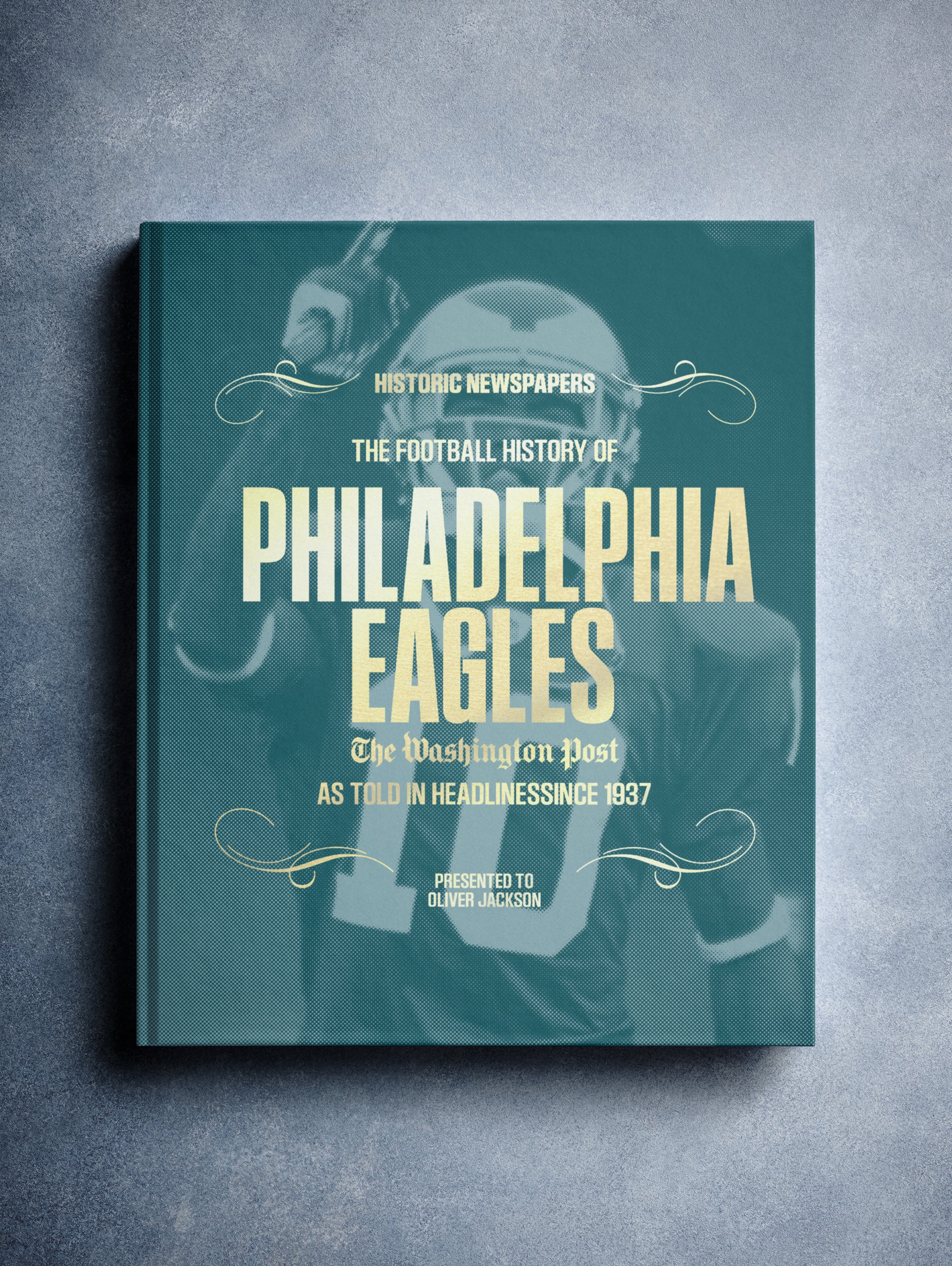

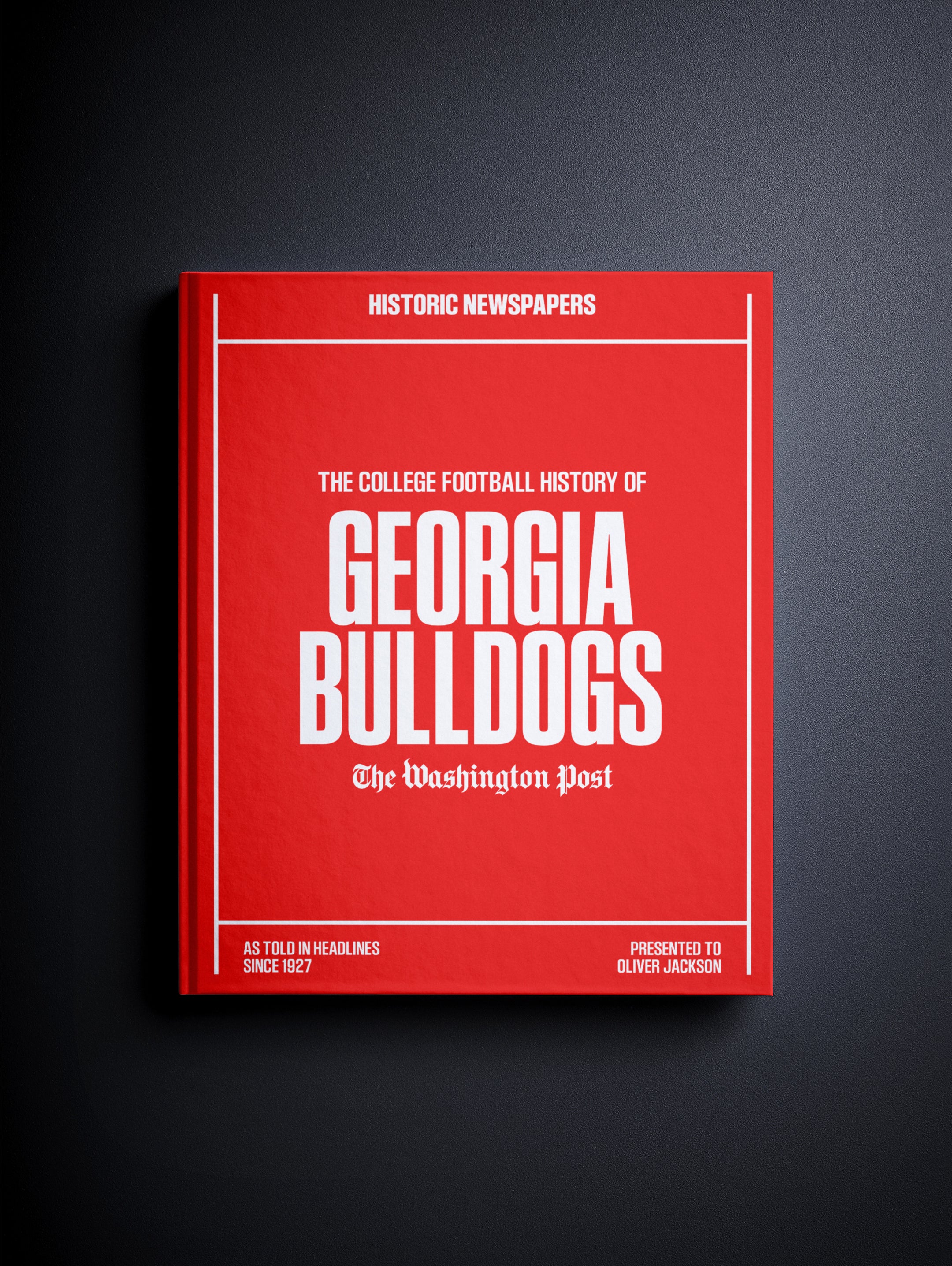

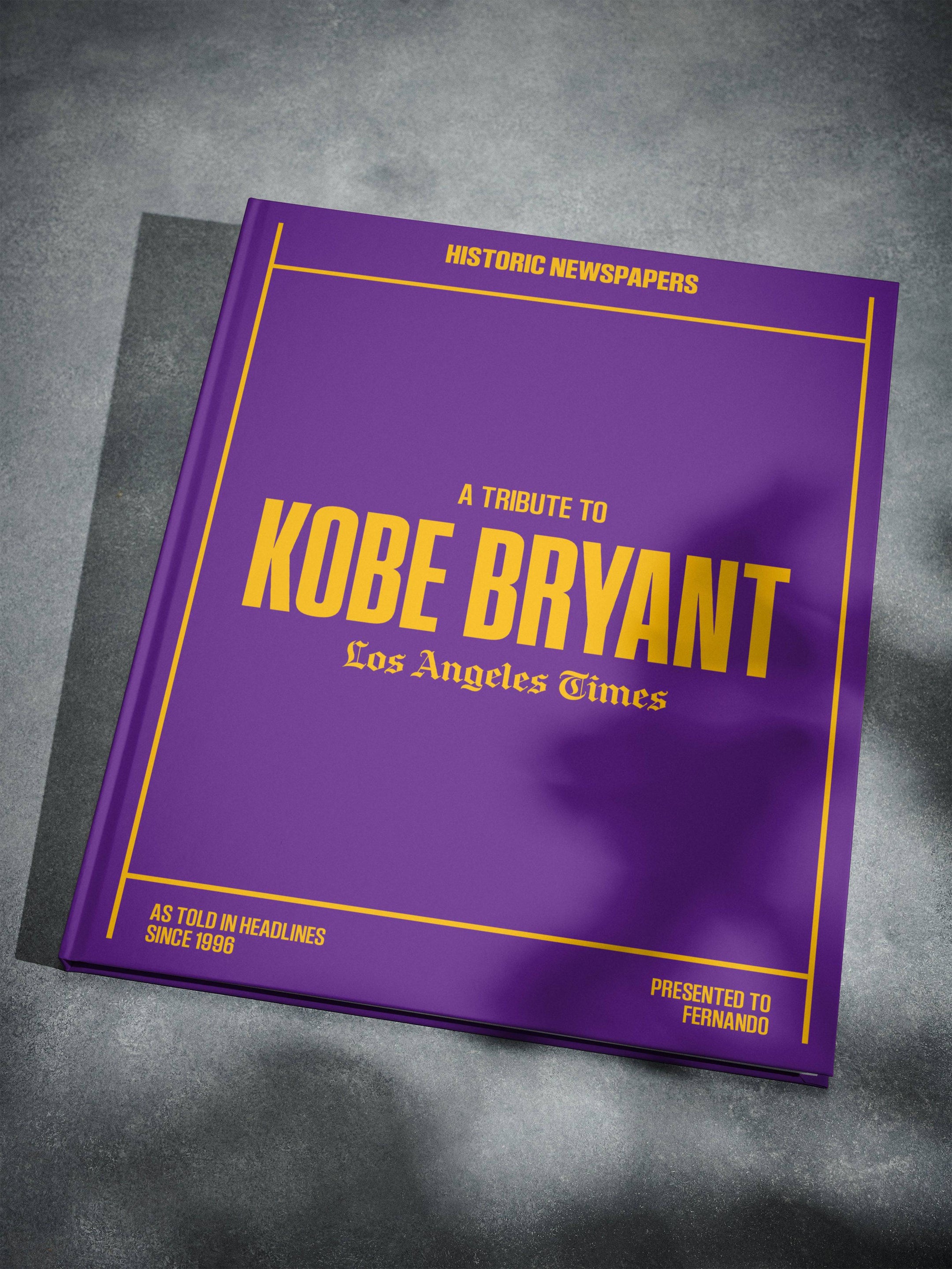


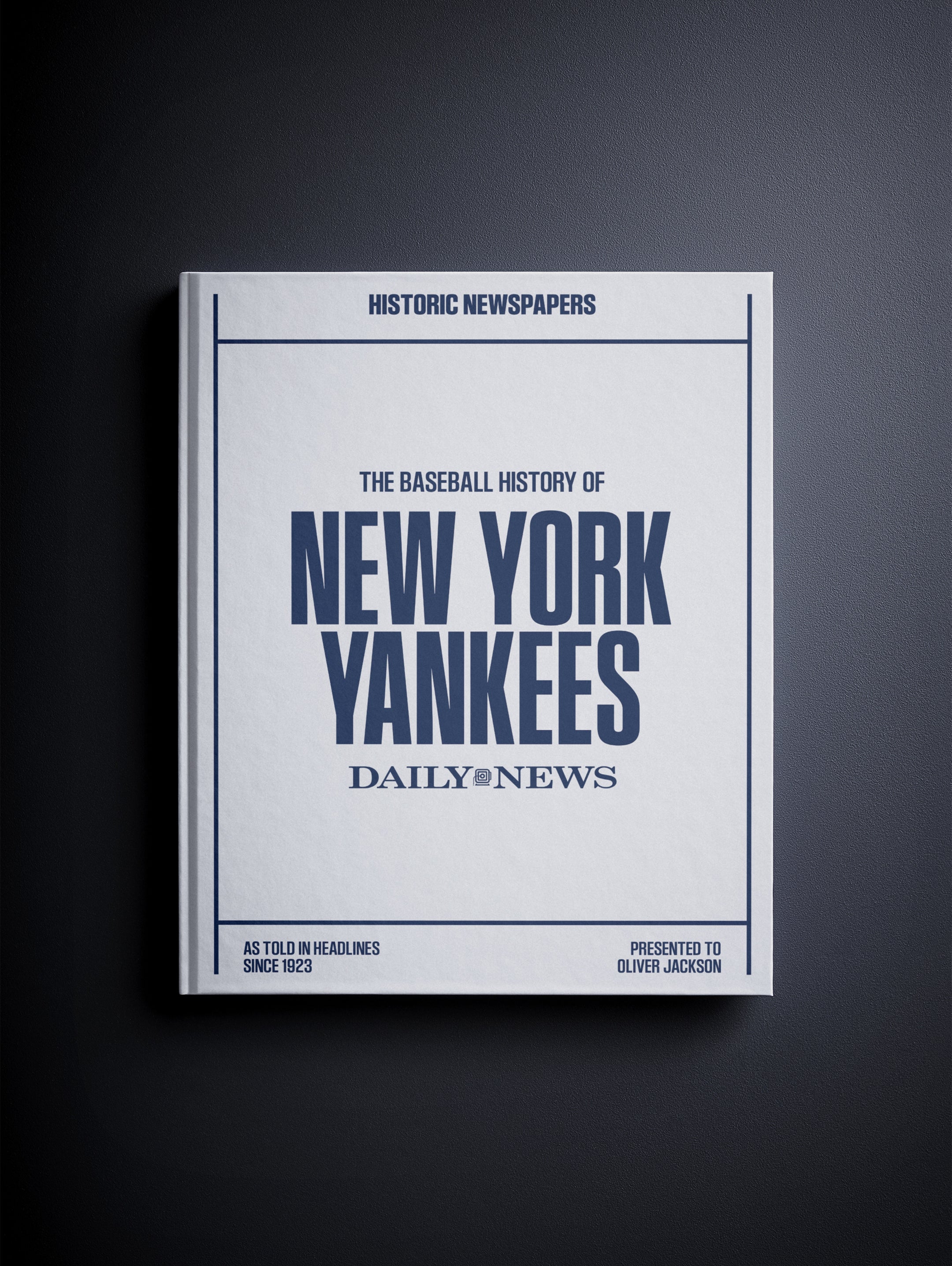
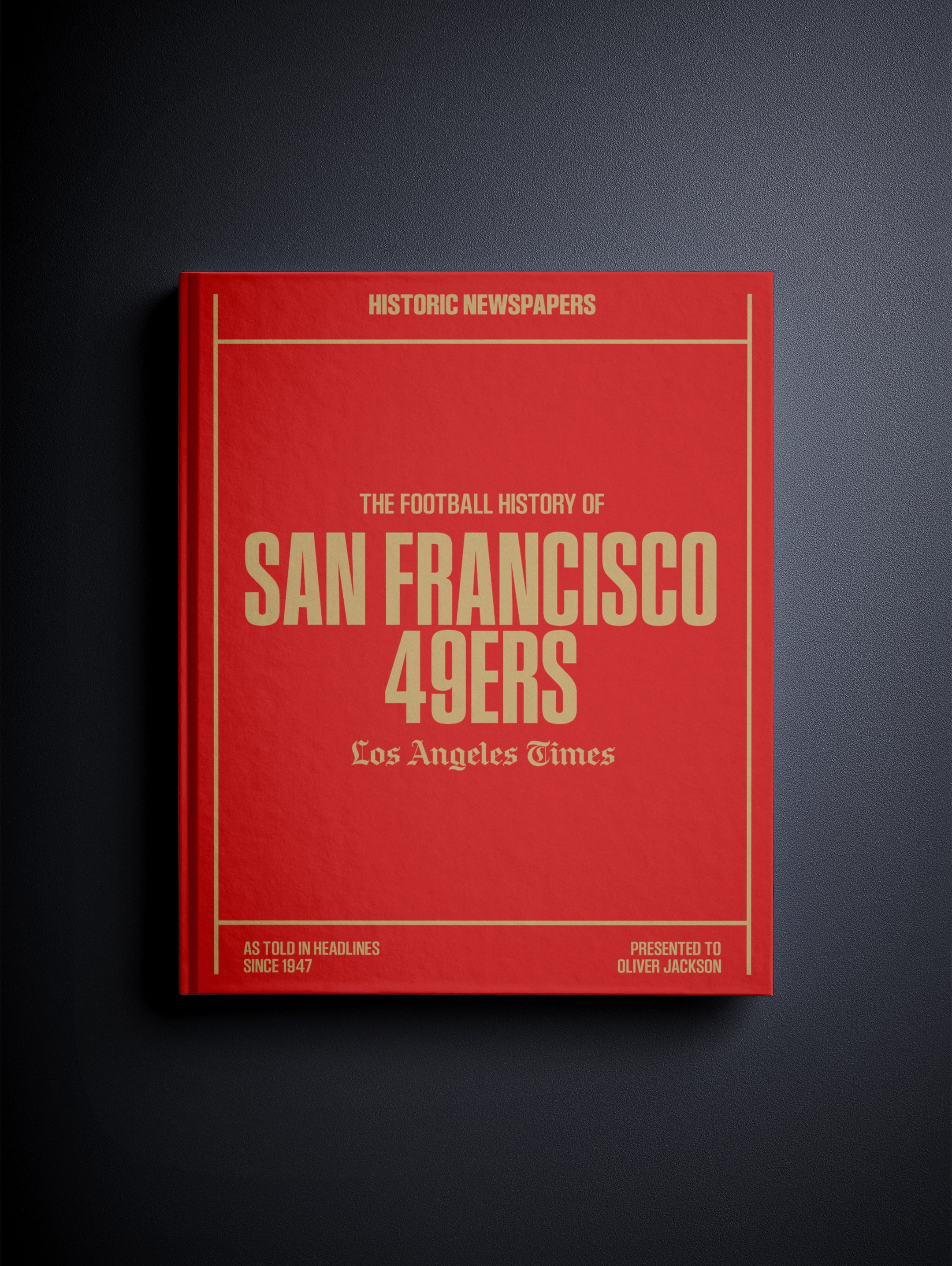
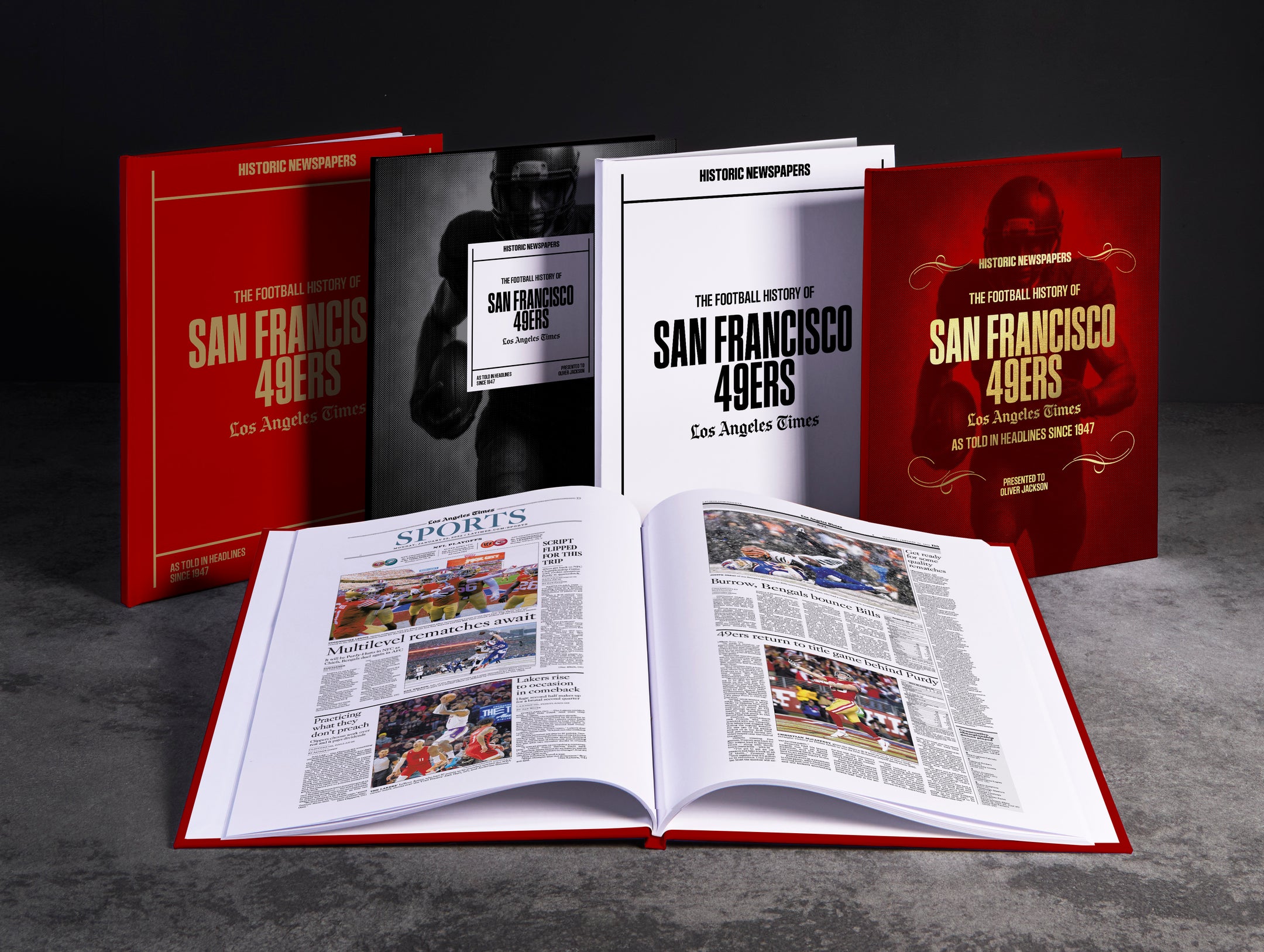
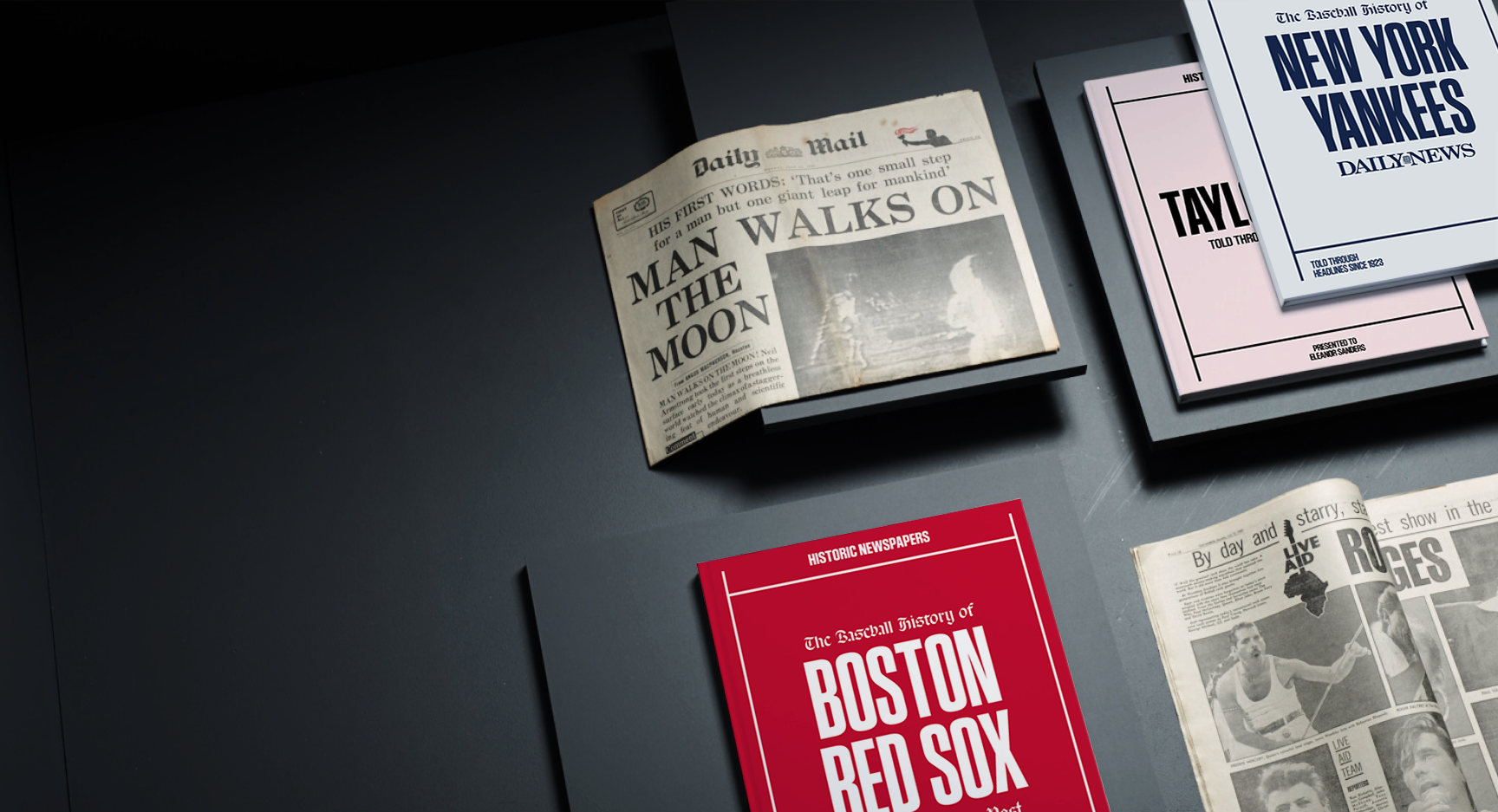
Follow us